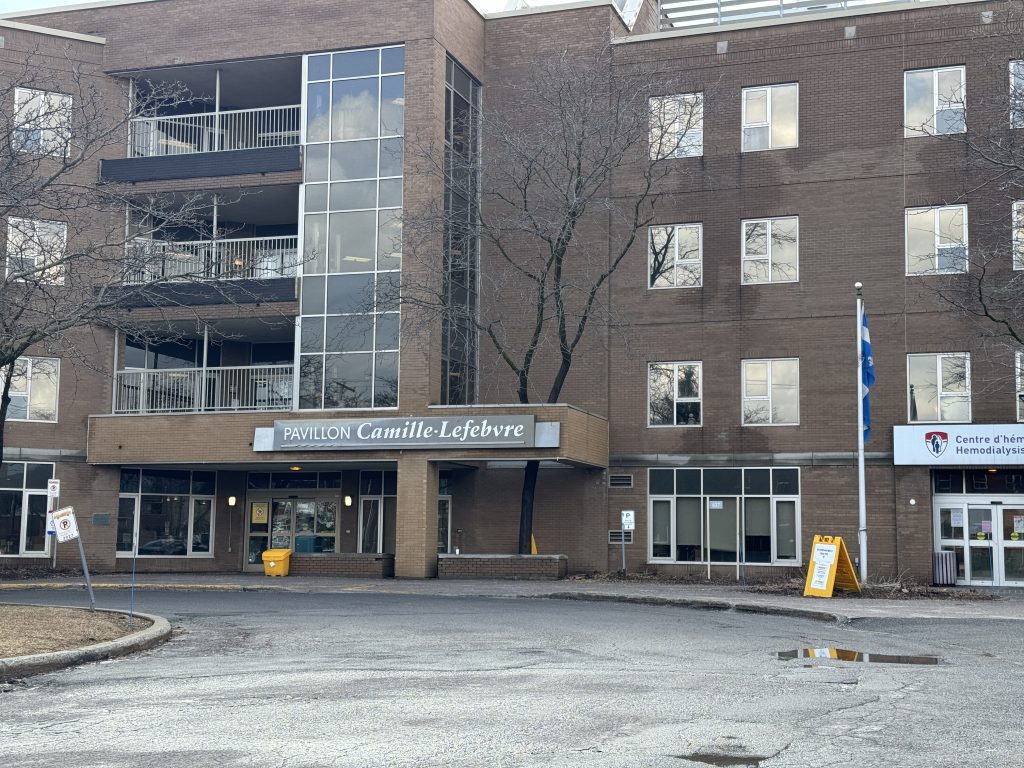Questions abound after Quebec announces bill that would force new doctors to work in public system

Posted December 4, 2024 4:31 pm.
Last Updated December 4, 2024 5:38 pm.
New doctors trained in Quebec universities will have to spend the first five years of their practice in the public network, according to a bill introduced by Health Minister Christian Dubé.
Those who decide to go private or work outside of the province before the five years are done will face fines of up to $200,000 per day.
BACKGROUND: Quebec bill to force new doctors to work in public system for 5 years – or risk huge fines
The announcement has led many scratching their heads, looking for answers.
“How do we approach this? Is it by giving stipends? Or is it more incentivizing medical students and healthcare workers in general to stay? Or is it by forcing them and punishing them? And as we’ve seen time and time again, it’s always going to be the carrot that comes into play,” said Fahima Afsari Khan, president of the Medical Students’ Society at McGill University.

“We don’t know how this will affect the CaRMS (Canadian Resident Matching Service) process. This hasn’t been addressed, and CaRMS is the system through which medical trainees apply to and receive a residency spot. We’re worried about, does this mean that we have to do our residency training in Quebec?” said Teodora Marginean, the same group’s government affairs and advocacy officer.
“There are limited positions. For example, in general surgery, there’s only two spots at McGill. Very few in the rest of Quebec as well. The vast majority of them are outside of Quebec.”

“The real question is going to be: are people applying who want to apply to medical school in Quebec going to look at this and say, ‘maybe I should do my medical school elsewhere, just so I have that added flexibility down the road because I don’t know where I’m going to be in 10 years,” said Dr. Christopher Labos, a cardiologist and epidemiologist.
The province says the number of doctors working exclusively in the private sector has risen by 70 per cent since 2020. On Tuesday, Dubé introduced Bill 83, pointing out that training a doctor costs between $435,000 and $790,000, including residency.
“We want to make sure that if they commit and if the Quebecers commit to invest in those doctors, they need to know ahead of time, over six years, eight years, then when they finish their studies, that they will be committed to five years. That’s very clear. If they’re committing to do it and at the end they change their mind, but the consequences will be very expensive,” said Dubé.
“Is this law going to survive court challenges?” asked Dr. Labos. “I mean, there are rules that allow the free movement of populations between provinces, right? You can’t actually restrict that. You can’t actually stop somebody from quitting their job. So, if somebody’s working in the hospital and is unhappy and wants to quit, are you now saying that they can’t?”
“I’m born and brought up in Montreal,” added Afsari Khan. “I have to say, I can’t leave Poutine Land. It’s always going to be a part of me. However, if the time comes, I would be happy to go and explore, but bring back knowledge as well.”








